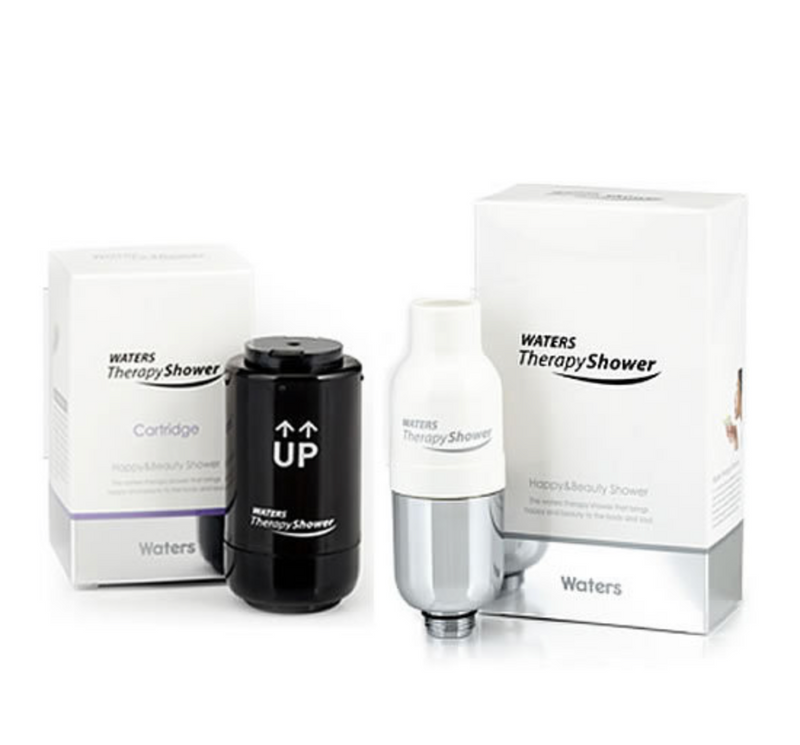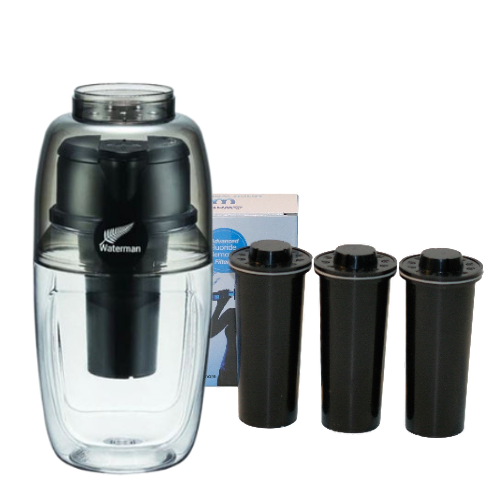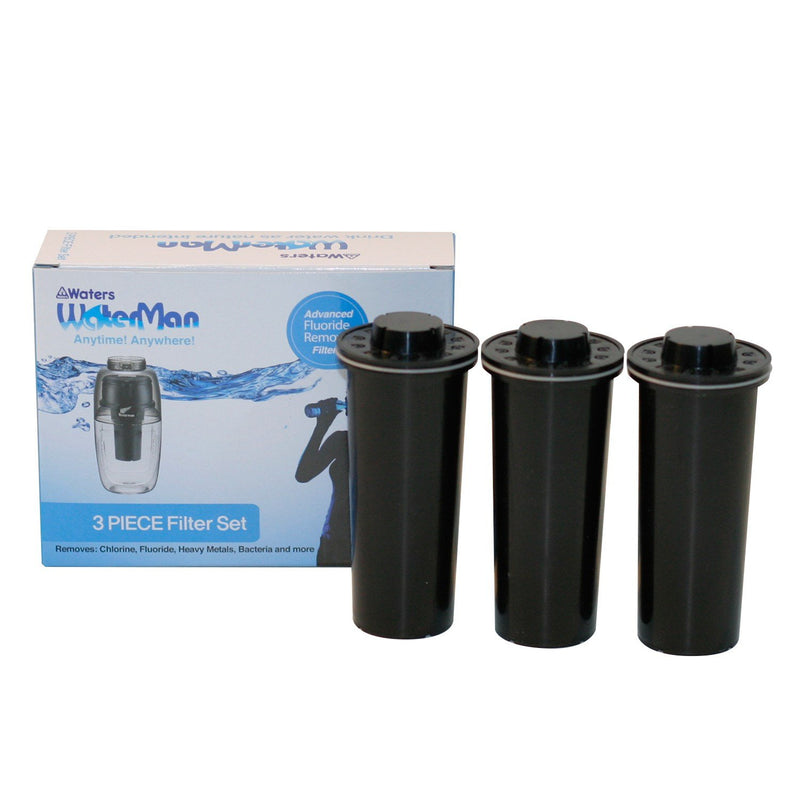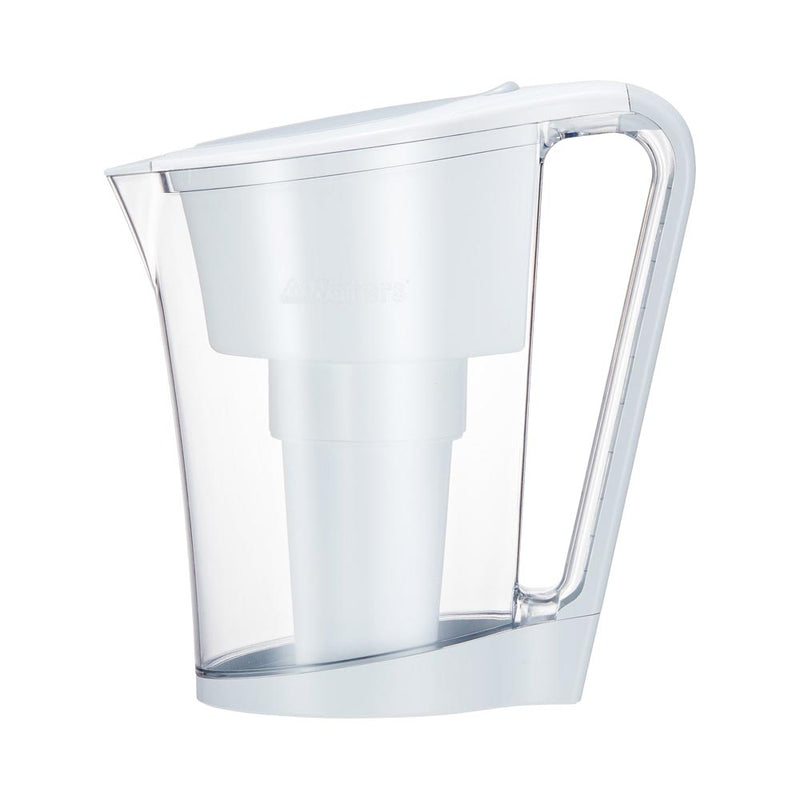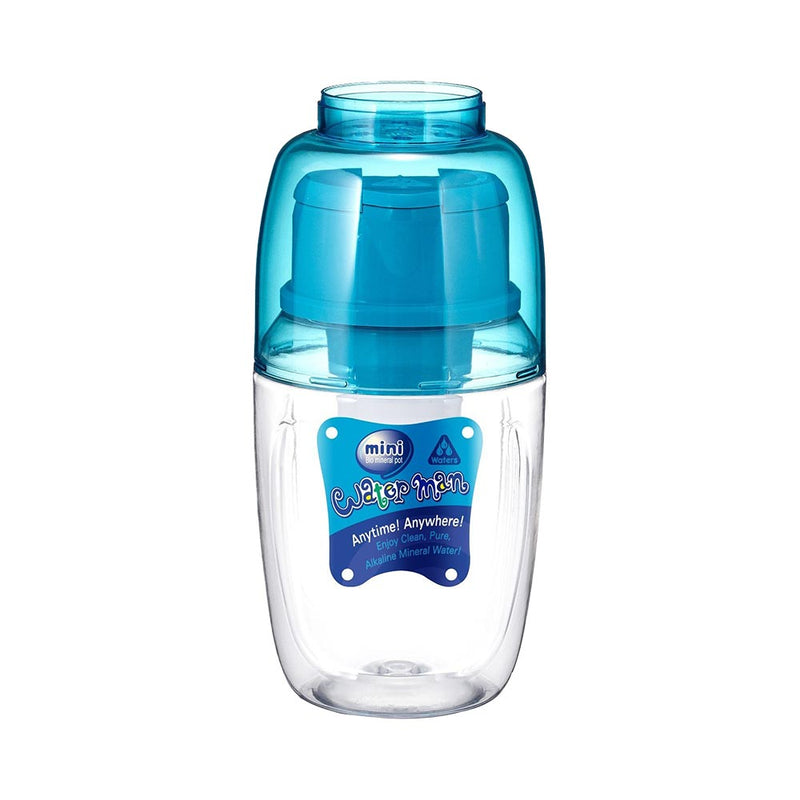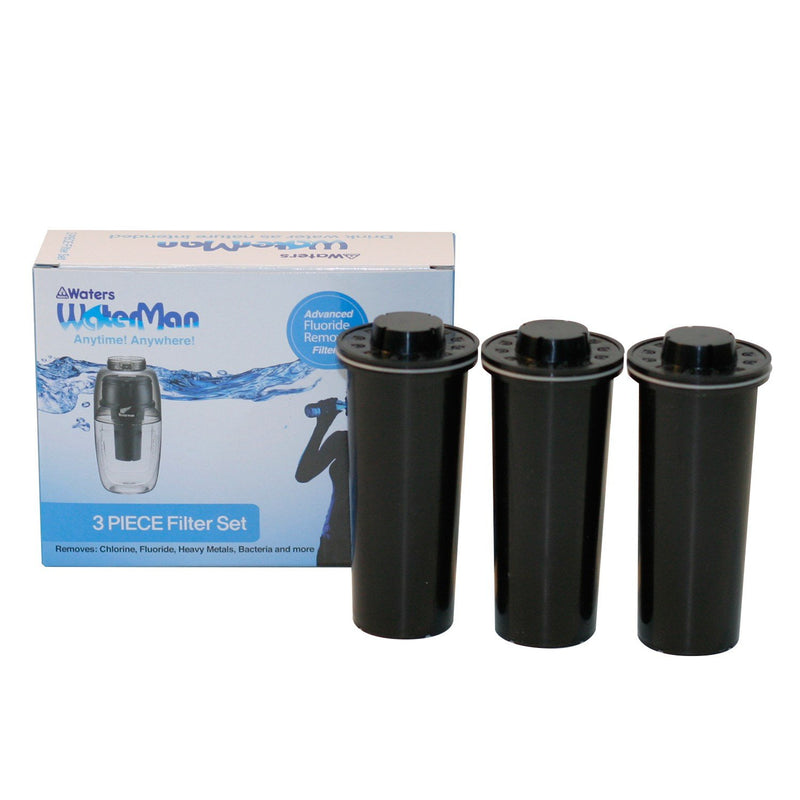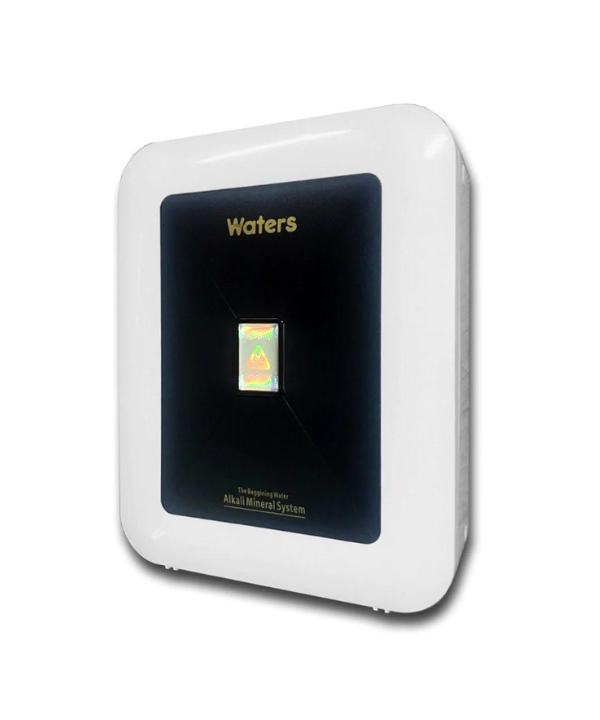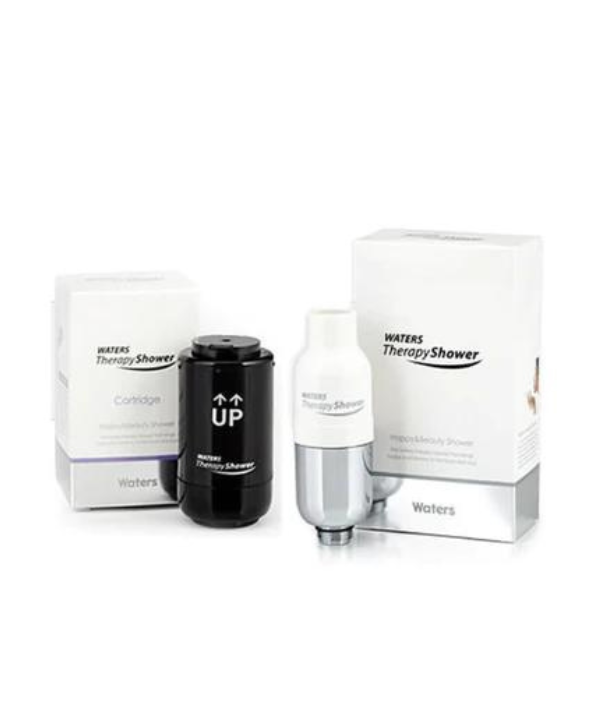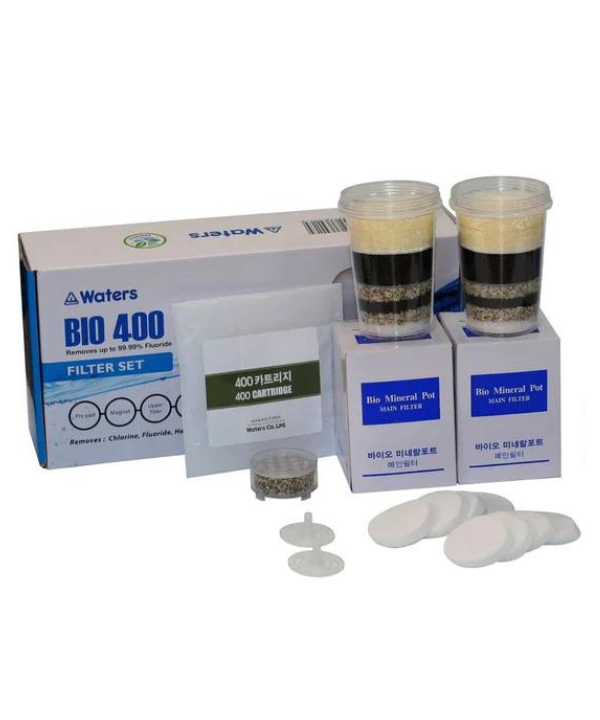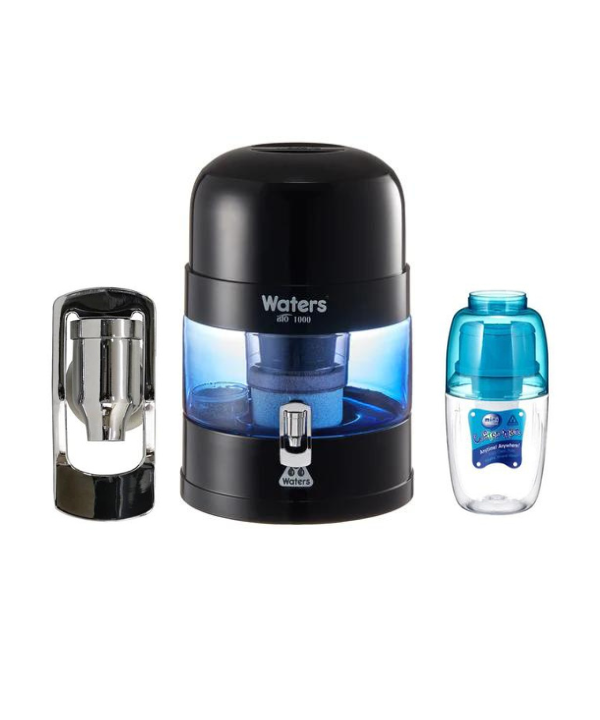Forever Chemicals in Australian Water
Overview of Forever Chemicals (PFOS, PFOA)
Per- and polyfluoroalkyl substances (PFAS), including subgroups like PFOA and PFOS, are synthetic chemicals known for their extreme resistance to heat, oil, water, and degradation. They’ve been used since the 1950s in a variety of applications including non-stick cookware, waterproof clothing, firefighting foams, and food packaging.
Referred to as "forever chemicals" due to their persistent nature, PFAS accumulate in the environment and human body over time. In recent years, high levels of these contaminants have been detected in Australian water supplies—including groundwater, rivers, and even treated municipal water.

Recent Australian Research on PFAS
Australian research into PFAS contamination is ongoing and growing. Notable findings include:
-
Water Research Australia (WaterRA) has reported PFAS contamination in surface and groundwater near urban, industrial, and military sites. The highest concentrations were observed in older residential and industrial areas, with lower levels in newer suburbs and semi-rural regions.
-
The CSIRO has studied PFAS migration through soil and found long-term risks to both ecosystem and human health. The chemicals slowly leach into groundwater and surface waters and have been detected in various food items, including eggs, grains, vegetables, fruits, milk, and meat produced near contaminated sites .
-
The Australian PFAS National Environmental Management Plan (NEMP 3.0) provides clear guidance on managing and monitoring PFAS in the environment, including risk assessment, criteria for the reuse of contaminated products, ambient monitoring, and waste management.
Waters Co Australia also undertook independent water quality testing across multiple Australian regions. Results confirmed the presence of PFOA and PFOS at varying concentrations, particularly in areas with proximity to known contamination zones (e.g., near airports or industrial precincts). This in-house testing supports existing national findings and reinforces the need for proactive filtration.
Health Risks of PFAS Exposure
The Australian Government’s Expert Health Panel has identified several potential health impacts associated with prolonged PFAS exposure. These include:
-
Hormonal and endocrine disruption
-
Developmental effects in children and infants
-
Reduced vaccine response
-
Changes in liver function
-
Increased risk of some cancers.
Although research is still ongoing and health guidelines remain conservative, the bioaccumulative nature of PFAS raises justifiable concerns for long-term exposure via drinking water.

How Waters Co Filters Reduce PFAS Contamination
Waters Co filtration systems are built to exceed basic filtration standards. Unlike conventional filters that only improve taste and odour, our multi-stage systems are engineered to remove common harmful contaminants, including PFAS.
Key features of our filters include:
-
Activated Carbon Block Technology: Proven to reduce PFAS through adsorption.
-
Nano Ceramic Filtration: Effective against bacteria, viruses, and fine chemical residues.
-
Mineralisation and Alkalinity Balance: Adds back essential minerals for optimal health.
Independent lab tests conducted on Waters Co filters show a significant reduction of PFOS and PFOA levels, helping households lower their chemical exposure at the point of consumption.
Explore our Benchtop Water Filters and Filter Jugs to begin safeguarding your household from forever chemicals.
Supporting Articles from Our Blog
Stay informed with data-backed, expert-written blog content:
-
The Shocking Truth About The Forever Chemicals You're Drinking https://www.waterscoaustralia.com.au/blogs/news/how-toxic-forever-chemicals-in-australian-water-are-silently-sabotaging-your-health-what-you-need-to-know-now
-
How Effective Are Water Filters at Removing PFAS?
-
Australian Water Quality: 2025 Trends and Concerns
FAQs
Are forever chemicals banned in Australia?
Not entirely. While Australia has phased out the import and use of some PFAS compounds (like PFOS and PFOA), they are not universally banned. Contamination from historical use continues to pose risks in certain areas.
Do water filters remove PFAS?
Yes, some advanced filters can remove PFAS. Waters Co filters, in particular, use multi-stage systems with activated carbon technology, shown to be effective in PFAS reduction.
Where are PFAS found in Australia?
Contaminated areas include sites near airports, firefighting training grounds, industrial zones, and some municipal water catchments. The Australian Government provides interactive maps and public testing data.
How can I test my water for PFAS?
You can commission private laboratory testing, especially if you're near a known contamination site. Waters Co also supports customers in accessing third-party lab testing where needed.
Why are PFAS called ‘forever chemicals’?
PFAS resist natural breakdown, both in the environment and in the human body. This means they persist over time—accumulating in soil, water, and living organisms.
Take Action Today
If you're concerned about PFAS in your drinking water, the most immediate step you can take is installing a filter proven to reduce PFAS contaminants. Waters Co filters are trusted by Australian families and supported by ongoing scientific research.


